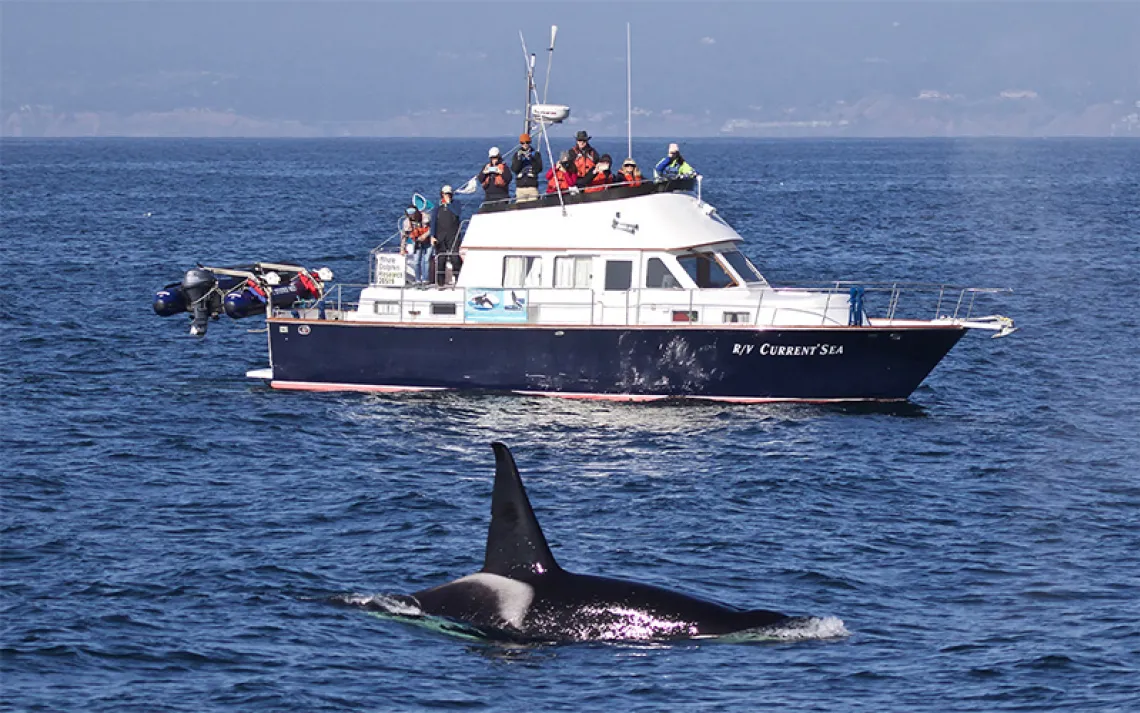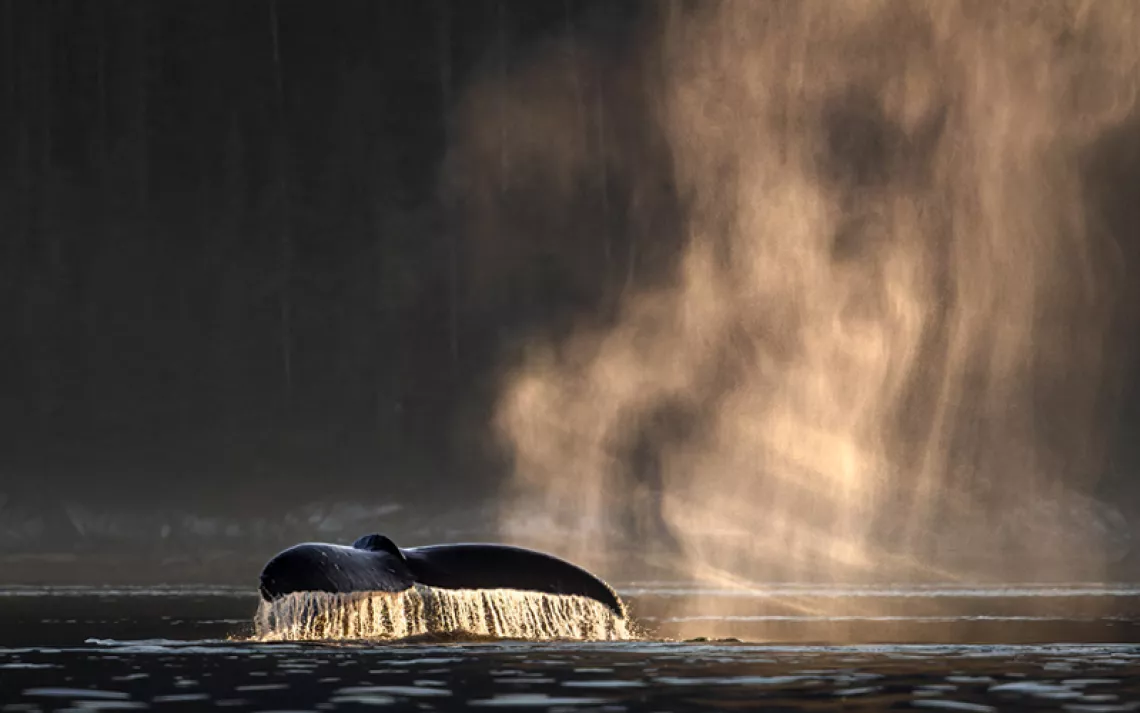The Paradox of “Last Chance Tourism”
A new study shows travelers are flocking to those destinations most ravaged by climate change

A coral garden | Photo by Dkarti/iStock
Move over, bleisure travel, staycations, and voluntourism. Nowadays, climate change is dictating travel trends. Case in point? Experts have coined a new term for those quests to soak in the most threatened and rapidly diminishing corners of the globe: “last chance tourism,” or LCT. This refers to destinations such as Australia’s rapidly bleaching Great Barrier Reef, the melting ice sheets of Antarctica, and the alternately flood- and drought-threatened islands of Galapagos and the Maldives. Think of LCT as climate change tourism, vanishing-earth voyaging, or, if we’re being dramatic, doomsday travel.
“LCT is a niche tourism market focused on witnessing and experiencing a place before it disappears,” explain researchers Annah Piggott-McKellar and Karen McNamara, of Australia’s University of Queensland, in the current issue of the Journal of Sustainable Tourism. They point out LCT’s troubling catch-22 factor: “The tourists scrambling to visit a particular site ‘before it’s gone’ are themselves contributing to its destruction.” Tourists can cause these fragile sites to further deteriorate by contributing carbon emissions and population pressure—which, according to the tenets of LCT, only raises their “destination status” stock.
Piggott-McKellar and McNamara spent the past year collecting data from among the approximately 2 million visitors who annually flock to the warm, clear waters of one LCT destination: Queensland’s Great Barrier Reef, a 133,000-square-mile network of islands boasting the world’s largest display of coral reefs. Specialists say the site’s breathtaking underwater views are threatened by coral bleaching due to increasingly warm waters, and that the reef also suffers from hurricanes, dredging, agricultural runoff, coastal development, and sea-level rise. Earlier this year, ecologists predicted a potential ecosystem collapse for the reef by 2100.
The public, it seems, has gotten the memo. Of the 235 tourists the researchers polled on-site, slightly less than 70 percent said they were strongly motivated to see the reef “before it’s gone.” These last chance tourists, Piggott-McKellar and McNamara found, were predominantly “older, more environmentally conscious females visiting the region for the first time.” Most had traveled “great distances, both on a domestic and international scale.”
While those seeking a “last chance experience” were more likely to be concerned about the reef’s health as it relates to climate change and coral bleaching, survey answers reveal only moderate to low concern about the impact of the tourism on the reef itself. “That tourists do not associate their own travel to the reef with damage is part of the paradox of LCT,” the researchers wrote, thus highlighting the need to improve travelers’ awareness of certain key threats to the reef—namely, their own presence. The reef's fragile corals suffer from many related factors, including reef walking, dropped anchors, boat fuel, and swimmers' sweat and sunscreen runoff."
“Tourism, the largest service industry in the world, has long been known as ‘the smokeless industry,’ which implies that its impacts aren’t always seen until it’s too late,” says Samantha Hogenson, managing director of the Center for Responsible Travel. “Until recent years, tourism wasn’t taken seriously in many places as something requiring serious planning, study, and thought beyond how many visitors could be crammed through the turnstile each day, but this is slowly changing. Sites are realizing their limits of acceptable change, and focusing on low-volume, high-value tourism by marketing to travelers who care about the place and their impact, and who care about the story of what’s happening to these destinations, why it’s happening, and what solutions are available. At its best, tourism provides a tremendous opportunity to create advocates who have connected with a place and its people in a meaningful way.”
This Tuesday, September 27, marks World Tourism Day, an initiative to raise awareness of the importance of tourism’s social, cultural, political, and economic value in the international community. Hopefully, ecotourism experts will spend some of it devising ways to help travelers reconcile their wanderlust with eco-sensitivity. Until then, look out, UNESCO’s endangered sites—LCT tourists, it seems, are drawing up their bucket lists.
 The Magazine of The Sierra Club
The Magazine of The Sierra Club



